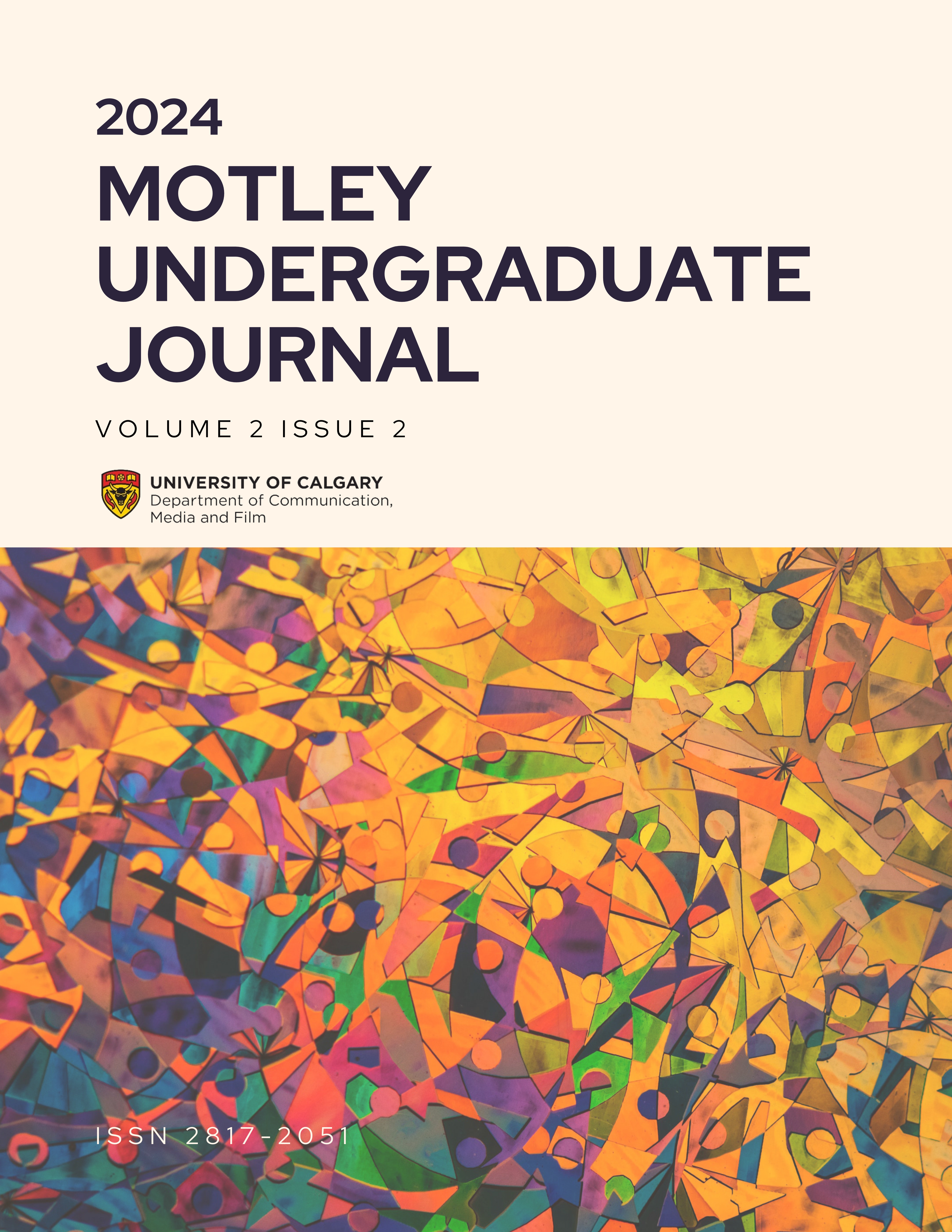So You Like Taking Photos Huh
A Study About Resistance Against Digital Data Colonialism Through Meaningful Inefficiencies
DOI:
https://doi.org/10.55016/ojs/muj.v2i2.79826Keywords:
data colonialism, meaningful inefficiency, photography, resistance, auto-ethnography, data harvestingAbstract
Taking photographs to capture moments is not a novel activity. Taking pictures is an activity we are so accustomed to that it often escapes conscious thought; it has become habitual and ingrained in the human experience. The digital age of photography brings a sense of comfort in photography that has made documenting memories easier, but it also brings a new form of surveillance and data harvesting. Digital photo cataloguing applications like Google Photos and Apple Photos quantify every image they store and capture metadata and location data. These applications process and assign the images to ‘auto-generated’ albums without user authorization. This study aims to understand what data is being captured and to what extent by digital photo cataloguing applications. Withdrawing from digital photographic mediums, this study uses analog film mediums to capture daily life. Throughout this experience, I conducted an auto-ethnographic study on photography practices. Findings introduced and proved the primary concern of data surveillance in digital photo cataloguing applications. While the process of resistance proved to be inefficient on some ends, it provided great insight into how analog media is a strong medium of resistance against digital data colonialism.
References
Andrejevic, M. (2019). Automating surveillance. Surveillance & Society, 17(1/2), 7-13. https://doi.org/10.24908/ss.v17i1/2.12930
Barthes, R. (2010). Camera lucida: Reflections on Photography. Hill and Wang.
Bucher, T. (2012). Want to be on the top? Algorithmic power and the threat of invisibility on Facebook. New Media and Society, 14(7), 1164–1180. https://doi.org/10.1177/1461444812440159
Coleman, G. (2017). From internet farming to weapons of the Geek. Current Anthropology, 58, S91–S102. https://doi.org/10.1086/688697
Deleuze, G. (1992). Postscript on the Societies of Control. October, 59, 3–7. http://www.jstor.org/stable/778828.
Gordon, E. & Walter, S. (2016). Meaningful inefficiencies: Resisting the logic of technological efficiency in the design of civic systems. In E.
Gordon & P. Mihailidis (Eds.). Civic media: Technology, design, practice. Retrieved from https://ebookcentral-proquest-com.ezproxy.lib.ucalgary.ca/lib/ucalgary-ebooks/reader.action?docID=4573752&ppg=240
Downloads
Published
Issue
Section
License
Copyright (c) 2024 Daman Preet Singh

This work is licensed under a Creative Commons Attribution-ShareAlike 4.0 International License.
Copyright Policy
The Motley Undergraduate Journal is an Open Access article distributed under the terms of the Creative Commons Attribution 4.0 Share-Alike License. Under this license, users are free to share (copy, distribute and transmit) and remix (adapt) the contribution, including for commercial purposes, providing that the original work is properly cited. Under Creative Commons, authors retain copyright in their articles.
Author Self Archiving Policy
Authors are permitted to post their work online in institutional/disciplinary repositories or on their own websites. Pre-print versions posted online should include a citation and link to the final published version in The Motley Undergraduate Journal as soon as the issue is available; post-print versions (including the final publisher's PDF) should include a citation and link to the journal's website.

